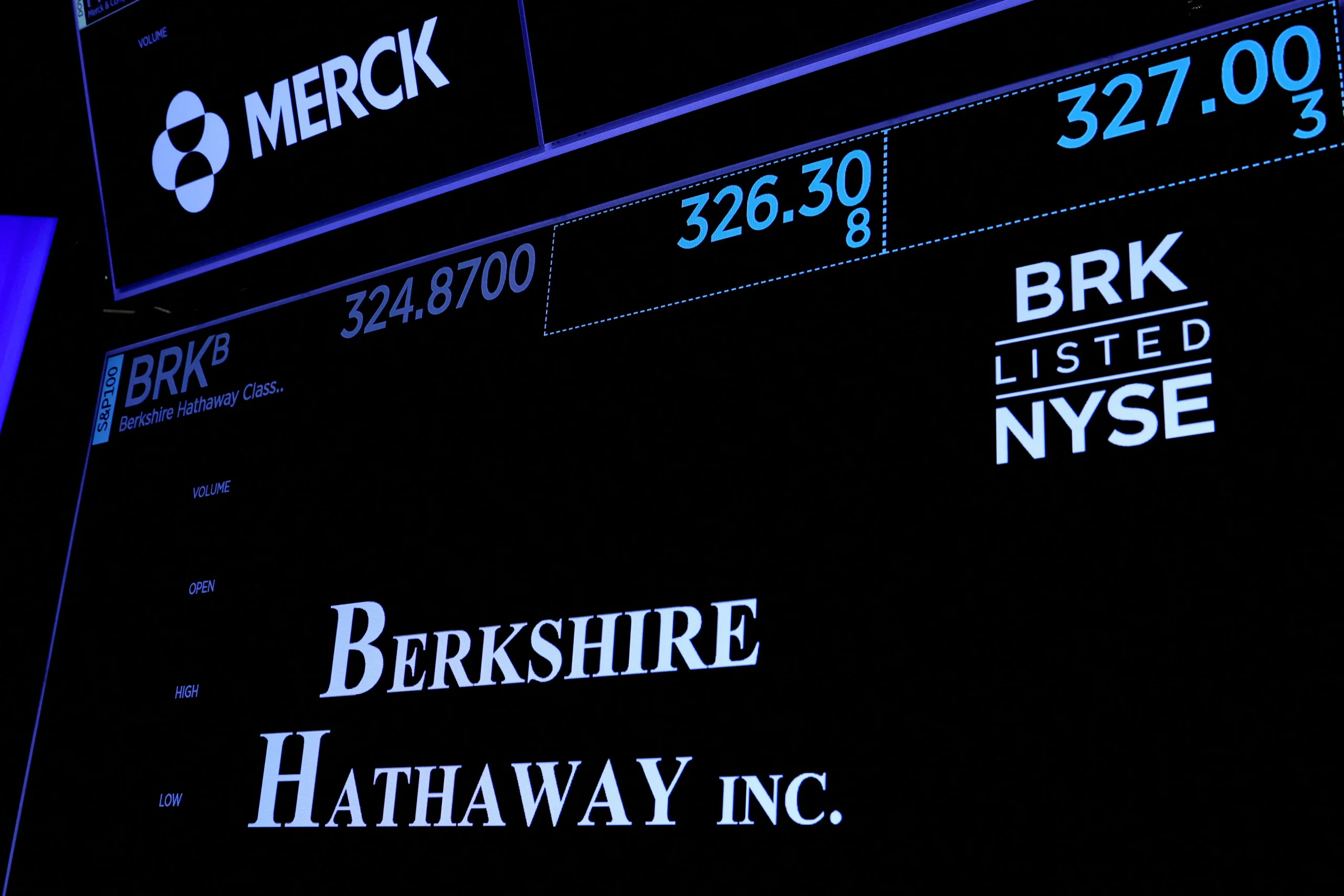Aug 2 (AfrikTimes) – Warren Buffett’s Berkshire Hathaway (BRKa.N) said on Saturday it took a $3.76 billion after-tax write-down on its stake in Kraft Heinz (KHC.O) during the second quarter, an acknowledgment that the decade-old investment has not worked out as intended.
Berkshire also reported a 4 percent decline in quarterly operating profit, as insurance underwriting premiums fell. The write-down and lower gains from common stocks caused a 59 percent drop in overall net income. The conglomerate signaled it remains cautious about market valuations amid ongoing uncertainty over tariffs and growth in the broader economy.
It reported a near-record $344.1 billion in cash and sold more stocks than it bought for the 11th consecutive quarter. As of mid-July, Berkshire had not repurchased any of its own stock since May 2024.
Buffett, 94, has led Omaha, Nebraska-based Berkshire since 1965. He plans to step down as chief executive at the end of the year.
“Investors are getting antsy and want to see activity, and nothing is happening,” said Kyle Sanders, an analyst at Edward Jones. “Buffett definitely views the market as overvalued and will sit back and wait for something to come to him.”

“Berkshire and the economy are at an inflection point,” said Cathy Seifert, a CFRA Research analyst. “I don’t think the market will embrace the combination of mediocre results, a lack of stock buybacks, and Berkshire’s recent share underperformance amid a management transition.”
Kraft Heinz
Second-quarter operating income fell to $11.16 billion, or about $7,760 per Class A share, from $11.6 billion a year earlier. Results included $877 million in currency losses due to a weakening U.S. dollar. Net income, including gains and losses on stocks such as Apple (AAPL.O) and American Express (AXP.N), fell to $12.37 billion from $30.35 billion. Revenue fell 1 percent to $92.52 billion.
Buffett has long said unrealized investment gains and losses, including those on stocks Berkshire has no plans to sell, can be misleading in assessing company performance.
The $3.76 billion after-tax write-down on Berkshire’s 27.4 percent stake in Kraft Heinz, equal to $5 billion before taxes, followed the struggling food company’s announcement that it would consider strategic alternatives, which could include a breakup.
 People watch as Berkshire Hathaway chairman Warren Buffett is seen on a screen speaking at the Berkshire Hathaway Inc annual shareholders’ meeting, in Omaha, Nebraska, U.S., May 3, 2025.
People watch as Berkshire Hathaway chairman Warren Buffett is seen on a screen speaking at the Berkshire Hathaway Inc annual shareholders’ meeting, in Omaha, Nebraska, U.S., May 3, 2025.
Buffett acknowledged at the time that Berkshire overpaid in the 2015 merger of Kraft Foods and H.J. Heinz, calling it one of his biggest investment mistakes.
Kraft Heinz has struggled as consumers increasingly favor healthier and private-label alternatives. Its approximately 200 brands include Oscar Mayer, Kool-Aid, Velveeta and Jell-O.
Berkshire also carries another big investment, its 28.1 percent stake in Occidental Petroleum (OXY.N) at $5.3 billion above fair value but said no write-down was necessary.
Lagging the Market
Berkshire shares have fallen more than 12 percent and underperformed the Standard & Poor’s 500 (.SPX) by about 22 percentage points since Buffett announced on May 3 that he would step down as CEO at year end.
Vice Chairman Greg Abel, 63, is set to succeed Buffett as chief executive, while Buffett will remain chairman.
Analysts say the premium once embedded in Berkshire’s stock price because of the presence of Buffett, arguably the world’s most well-known investor, has eroded, while growth may slow in the insurance sector, a major Berkshire profit center. The lack of major new investments has also been a drag.
Some analysts speculate that Berkshire’s BNSF railroad unit could pursue a merger with CSX (CSX.O), potentially creating another transcontinental rail line. This follows Union Pacific’s (UNP.N) July 29 agreement to acquire Norfolk Southern (NSC.N).
 A screen displays Berkshire Hathaway Inc. on the floor at the New York Stock Exchange (NYSE) in New York City, U.S., September 4, 2024.
A screen displays Berkshire Hathaway Inc. on the floor at the New York Stock Exchange (NYSE) in New York City, U.S., September 4, 2024.
Insurance and Energy
Berkshire said the 12% quarterly decline in insurance underwriting profit stemmed primarily from reinsurance businesses and some smaller insurance businesses.
Analysts said higher tariffs could be a headwind for Geico if the cost of auto parts rose, potentially increasing losses from accident claims.







